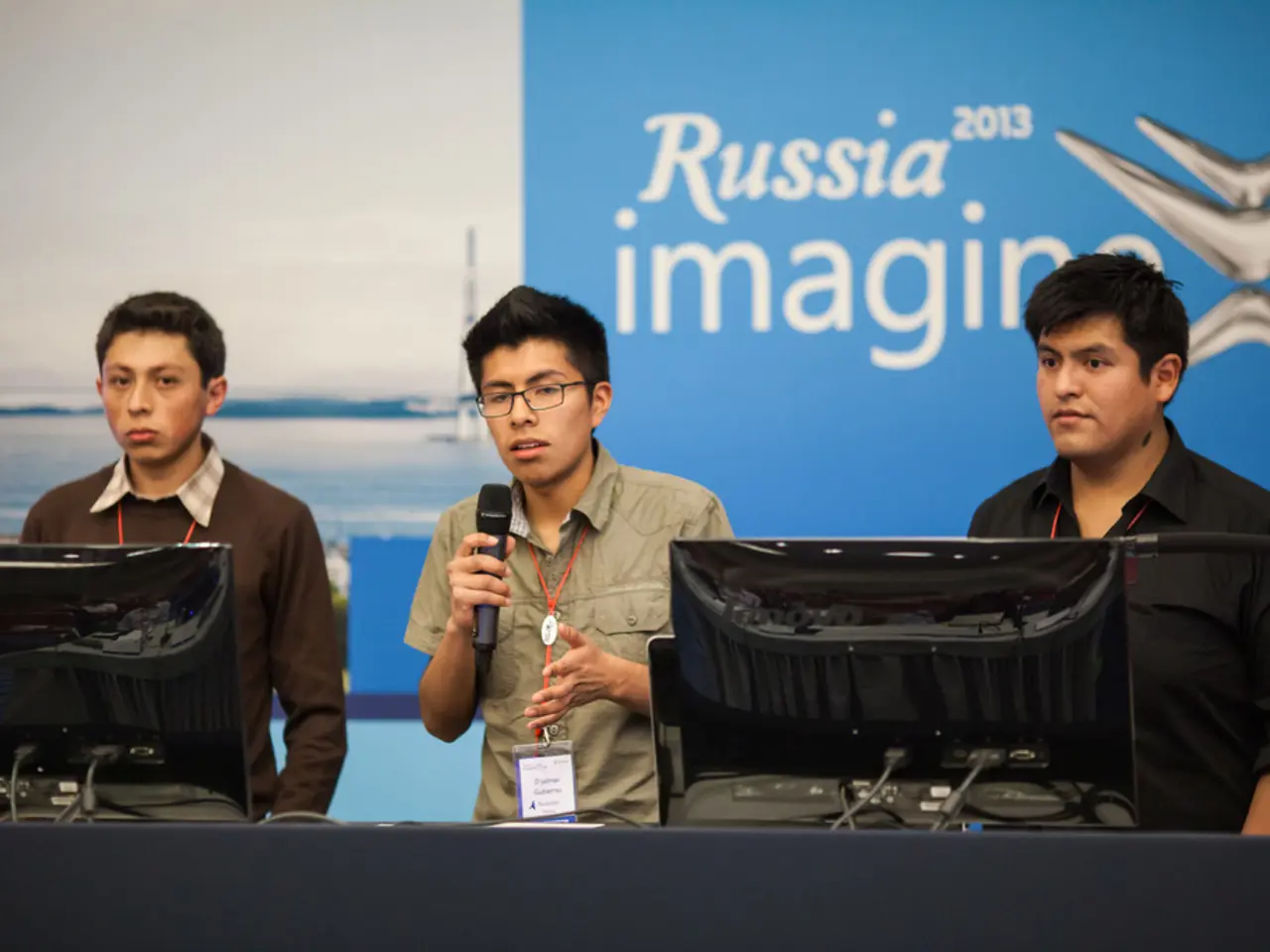Prime Minister Carney's anticipated listening session on the Major Projects Bill with AFN chief in question
In a significant move, nine First Nations in Ontario have launched a formal legal challenge against the federal Bill C-5 and Ontario's Bill 5, seeking an injunction to prevent the government from using these bills to fast-track major projects. The lawsuit, filed in the Ontario Superior Court of Justice on July 15, 2025, alleges that the bills violate Indigenous rights, threaten environmental safety, and undermine democratic processes.
At the heart of the legal challenge are constitutional concerns, with the First Nations arguing that both laws breach the Canadian Charter of Rights and Freedoms, specifically their rights to life, liberty, security of the person, and equality. The challenge also contends that the bills undermine First Nations' rights to self-determination and decision-making over projects that impact their lands and ways of life.
The First Nations strongly object to the fast-tracking of major infrastructure and resource extraction projects, such as mining and pipelines in the Ring of Fire region, without proper consultation or assessments of environmental and human impacts. They argue that these bills permit cabinet to bypass existing laws, potentially causing harm to their communities and the environment.
The federal government introduced Bill C-5 to accelerate resource development in response to economic pressures, notably U.S. tariffs. However, First Nations view these laws as undermining rights and protections. The Ontario government's Bill 5 allows the province's cabinet to suspend provincial and municipal laws through "special economic zones," a provision that the First Nations find particularly concerning.
The legal challenge comes at a time when Prime Minister Mark Carney is hosting a summit with First Nation leaders to discuss Bill C-5. The Assembly of Manitoba Chiefs has stated that the summit is "a first meeting of many." Indigenous leaders, including Assembly of First Nations Chief Cindy Woodhouse Nepinak and Apitipi Anicinapek Nation Chief June Black, are calling for more listening from the Prime Minister and a shift from consultation to engagement.
The nine First Nations involved in the lawsuit are Alderville, Apitipi Anicinapek, Aroland, Attawapiskat, Fort Albany, Ginoogaming, Kitchenuhmaykoosib Inninuwug, Oneida Nation of the Thames, and Wabauskang First Nation. The legal challenge also targets Ontario's Bill 5, with the First Nations seeking to prevent the federal government from designating projects as being in the national interest under Bill C-5 and to stop Ontario from implementing special economic zones under Bill 5.
As the legal and political debates continue, it remains to be seen how the government will respond to the concerns raised by the First Nations. The case is currently at the stage of seeking an injunction, with the future of these controversial bills hanging in the balance.
The First Nations' lawsuit, challenging the constitutional validity of Bill C-5 and Bill 5 in the Ontario Superior Court, highlights the political and legal concerns surrounding policy-and-legislation that impact Indigenous rights and environmental safety. This legal challenge, targeting the fast-tracking of major projects, represents a significant intervention in the ongoing dialogue between the federal government and First Nations leaders regarding Indigenous self-determination and democratic processes in policy-making.








